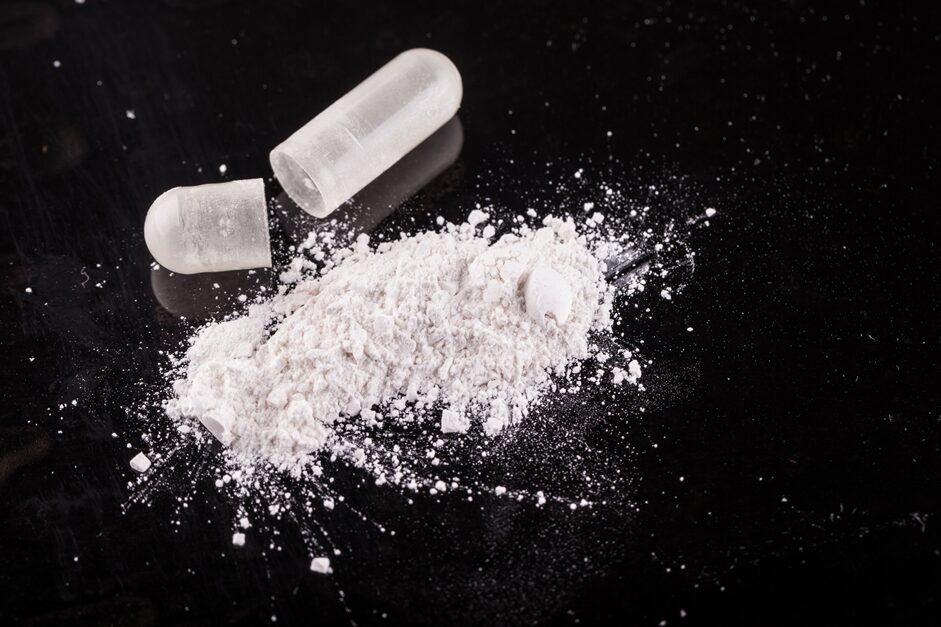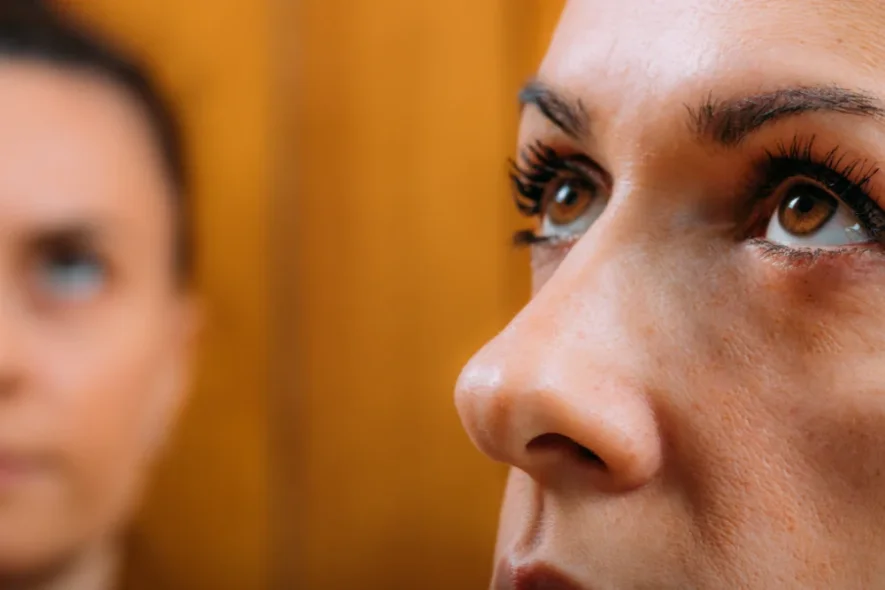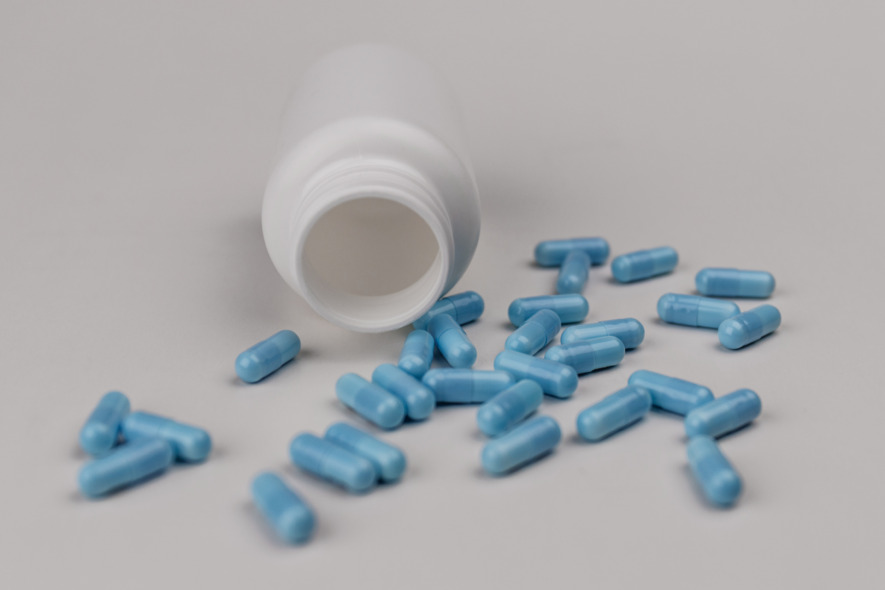Knowing that you can access confidential recovery options is one of the top concerns for many people struggling with drug or alcohol addiction. While every legitimate rehab clinic will abide by federal and state regulations to keep your medical information safe from prying eyes, not every recovery program offers complete confidentiality when it comes to employers. This can be especially troubling if you are seeking treatment for drug addiction and your workplace has a zero-tolerance drug policy.
But before you check into rehab, you probably have a lot of questions about what information they can and cannot share with your family, friends, employer, and even the government. For example, is rehab confidential? Who can see your rehab records? Finally, where can you go to get 100% confidential rehab treatment?
In today’s guide, we will answer all of these questions and more, but first, let’s look at the importance of confidentiality when going to rehab:
Table of Contents
The Importance Of Confidentiality When Going To Rehab
Seeking out rehab for drugs and/or alcohol can be a painful time. More than anything else, you want to get clean of your addiction, but you also want to feel like you’re surrounded by people that you can trust. Confidentiality is a huge part of building trust between a rehab clinic and its patients. Here are just a few reasons why confidentiality is so important in the context of addiction treatment:
- Personal Privacy – Knowing that you can maintain privacy while in rehab is essential. When a rehab clinic treats all of your medical records with the strictest confidentiality, you can put greater focus on your recovery.
- Trusting Relationships – Confidentiality can help build greater trust between rehab specialists and individual patients. Without these trusting relationships, it is much harder to achieve lasting sobriety, as patients who do not trust their rehab clinic are less willing to engage in open and honest communication.
- Legal Protection – Rehab clinics have a legal obligation to keep your medical records sealed. Any unlawful breach of this confidentiality could result in severe legal consequences for the facility. Federal regulation 42 CFR Part 2 specifically restricts the sharing of confidential information related to substance use disorder treatment.
- Reduced Stigma – Many recovering addicts feel guilt and shame about their affliction. They may not be ready to discuss substance abuse with friends, family, or employers. Therefore, confidentiality goes a long way to help reduce the stigma of getting help by ensuring that patient privacy is respected at every step of the recovery process.
Does Alcohol & Drug Rehab Go On Your Record?
The short answer is yes, your stay at a rehab clinic and any related medical information will become part of your confidential medical record. However, they will not be a part of your public record, as medical records are protected by law. That said, there are some cases in which parts of your medical records may be disclosed to third parties.
For example, insurance companies may collect certain information for billing purposes, while employers may request information if you are taking medical leave to get treatment. Additionally, if your rehab has been mandated by a court, the criminal just system will request information to ensure that you have met your legal obligations. However, it is important to remember that legal protections still exist in these instances, so only the minimum information required by law will be shared with third parties, who are also legally forbidden from sharing the information.
How HIPAA Protects Your Medical Records
The Health Insurance Portability and Accountability Act (HIPAA) is a U.S. federal law enacted in 1996 to protect the privacy and security of medical records and other personal health information. HIPAA establishes various regulations and standards to ensure confidentiality and protect the rights of individual patients. Here are just a few of the ways that HIPPA helps keep your medical records safe:
- Privacy Rules – HIPAA applies specific rules related to the use and disclosure of protected health information (PHI). This helps ensure privacy when information is handled by healthcare providers and insurance companies. Essentially, the HIPAA privacy rules set strict limits on what information can be shared without your authorization.
- Security Rules – To enhance cybersecurity related to medical records, HIPAA safeguards electronic protected health information (e-PHI). This requires businesses to implement administrative and technical structures to keep electronic data from being unlawfully shared or accessed. These security rules most often require encryption technology, workforce cybersecurity training, and regular security assessments.
- Breach Notification Rules – In the event of a breach or unauthorized disclosure of PHI, the HIPAA Breach Notification Rule requires covered entities to notify affected individuals and the Department of Health and Human Services (HHS). This rule also extends to businesses that experience a data breach involving medical records.
- Patient Rights – As a patient, you have the right (under HIPAA regulations) to access your medical records and obtain copies as needed. You can also request specific restrictions on the use and disclosure of your PHI.
How ADA Protects Your Job After Rehab
In addition to HIPAA, your medical records are also protected by the Americans with Disabilities Act (ADA). The ADA is a federal law prohibiting discrimination against individuals with certain disabilities and conditions, including diagnosed substance use disorders. Here’s how the ADA protects your job after rehab:
- Discrimination Protection – The ADA prohibits employers from discriminating against qualified individuals in all aspects of employment, including hiring, promotions, training, benefits, and termination. This means that, as long as you can perform the essential functions of your job, your employer cannot treat you unfairly just because you’ve been to rehab.
- Reasonable Accommodations – Employers are required to provide reasonable accommodations to you. These may include modified work schedules, temporary leaves of absence for treatment, or adjustments to workplace policies. If you need accommodations to help you maintain your job after rehab, you should communicate with your employer and request the necessary adjustments.
- Confidentiality – Like HIPAA, the ADA protects the confidentiality of your medical information, including your history of substance use disorder and rehab. Employers are required to keep this information separate from your general personnel file and must limit access to the information to specific individuals within the company.
It is important to note that the ADA does not protect individuals who are currently engaging in the illegal use of drugs. However, if you’re participating in a supervised rehabilitation program or who have successfully completed rehab and are no longer using illegal drugs, you are protected under the ADA. Either way, it is advisable to practice caution when communicating with your employer about illicit drug use, as you could still be terminated for violating your employer’s drug policies.
Contact Our 100% Confidential Rehab Facility To Get Help Today
When you put your trust in Wellbrook Recovery, you can rest easy knowing that you’re recovering in a 100% confidential rehab facility. We understand the importance of privacy and confidentiality and our team of compassionate professionals is here to provide the support you need. We offer confidential addiction help and comprehensive rehabilitation that caters to your specific requirements.
Don’t let addiction control your life any longer. Contact our confidential alcohol and drug treatment facility at Wellbrook Recovery today. Our expert staff is dedicated to helping you regain control and start a new chapter in your life.





















































